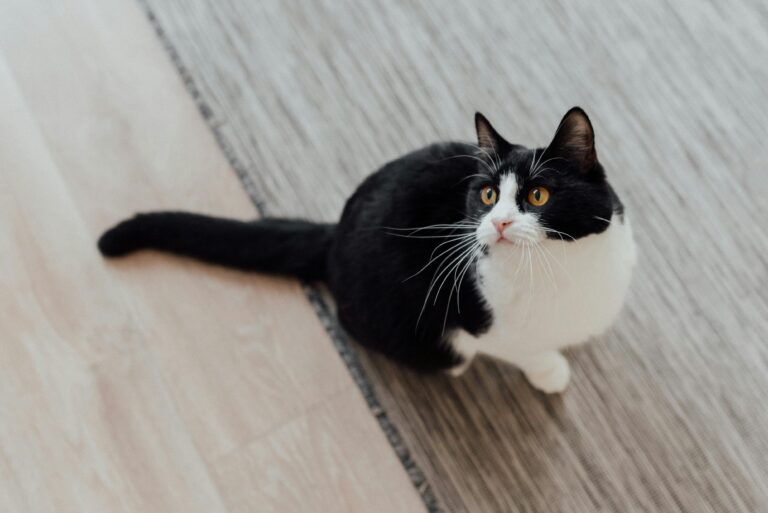12 Possible Reasons for Your Cat’s Bad Behaviour
Introduction
Ever feel like your cat is secretly plotting your downfall while knocking over your favorite coffee mug? You’re not alone! Cats are complex little creatures with moods as mysterious as their midnight zoomies. But don’t worry—your feline friend’s mischief isn’t a personal vendetta. In fact, there might be some pretty relatable reasons behind their wild antics.
We all adore our fluffy companions, but let’s face it—sometimes their behavior leaves us scratching our heads (and occasionally the couch). If your cat’s been pouncing on your ankles or inexplicably shredding your curtains, these could be the possible reasons behind their ‘bad’ behaviour.
Air fresheners

Anyone who has a pet has probably used an air freshener to improve the smell of their home. However, cats do not like strong smells, so avoid placing diffusers near the litter box. To eliminate bad smells without stressing your cat, you can sprinkle a layer of activated charcoal or some baking soda in the litter box.
Improper Litter Box Setup
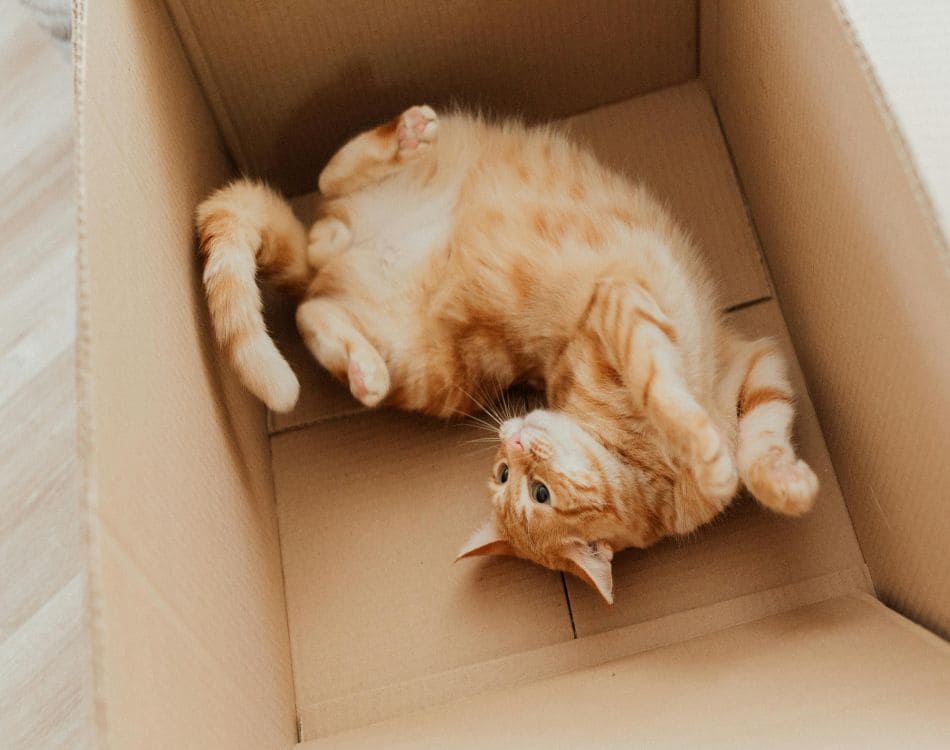
Cats can be surprisingly picky about their litter boxes. If the box is dirty, in the wrong location, or the litter type isn’t to their liking, they might rebel by doing their business elsewhere. Cleanliness and placement matter a lot to them.
Cleaning products
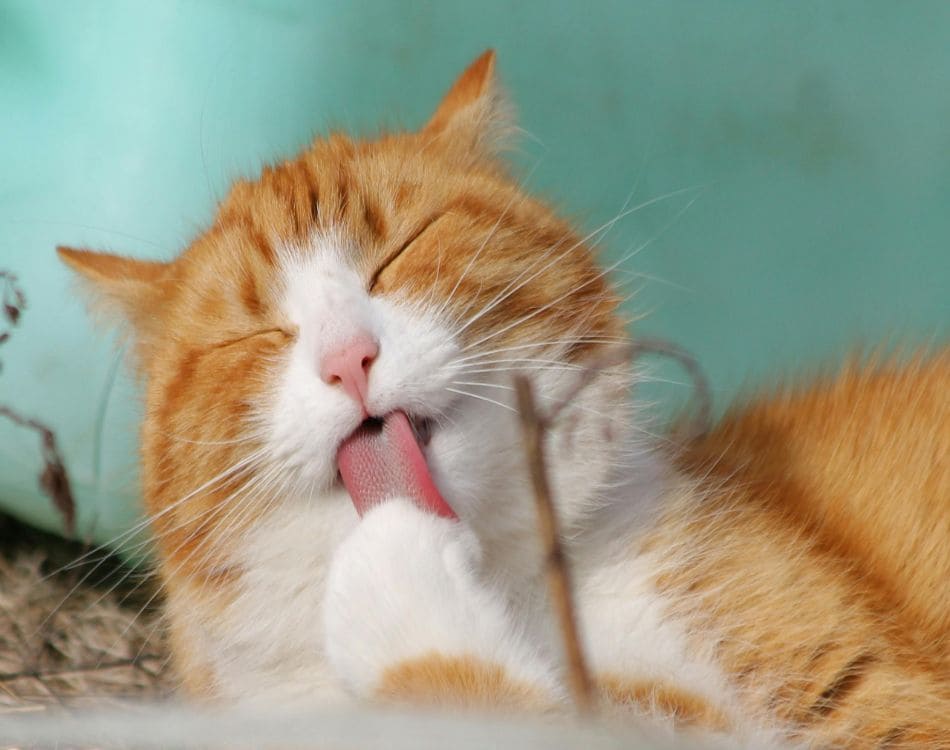
Chemical products can be very harsh on pets. In addition, some are too perfumed and can stress your cat. Try to use natural cleaning products that are safe for pets.
A new person or animal

Cats do not like change. If a new member has arrived in the house, a new animal, or if you have decided to rearrange the furniture and redecorate your home, the stress of new smells and unusual activities can contribute to your cat’s bad behavior. Therefore, introduce changes gradually. Cats need more time to get used to new routines, so be patient and give your pet the time it needs to adjust.
Territorial Behaviour
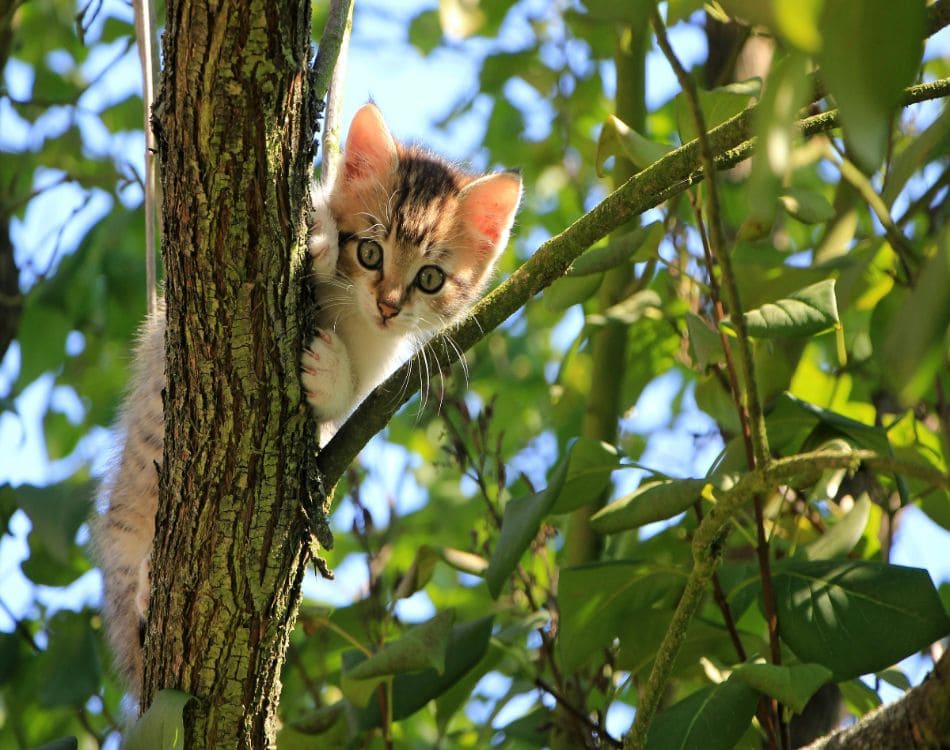
The presence of a neighborhood cat roaming around your home can make your pet more aggressive, as it becomes frustrated by the inability to resolve territorial disputes.
Boredom
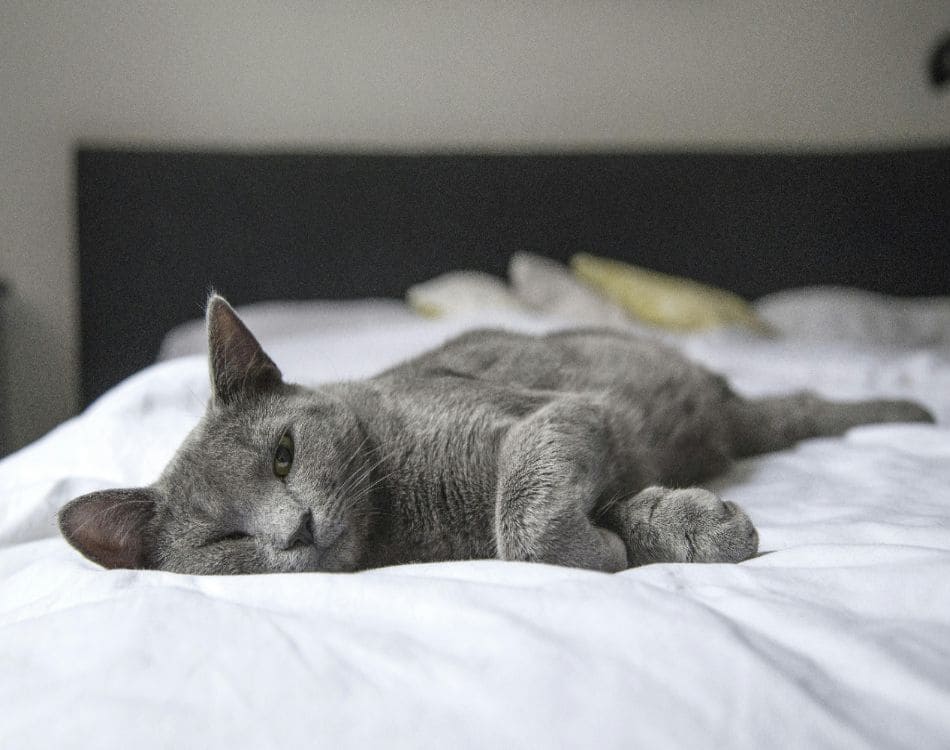
If your cat is left alone for long hours or feels unstimulated, it will become bored and may develop behavioral problems. Solve this by using toys or clever strategies such as food “scavenger hunts.” An interactive environment can also help keep your pet active. Adding climbing frames, “cat shelves,” or other accessories is a great way to keep your cat occupied.
Changes in routine
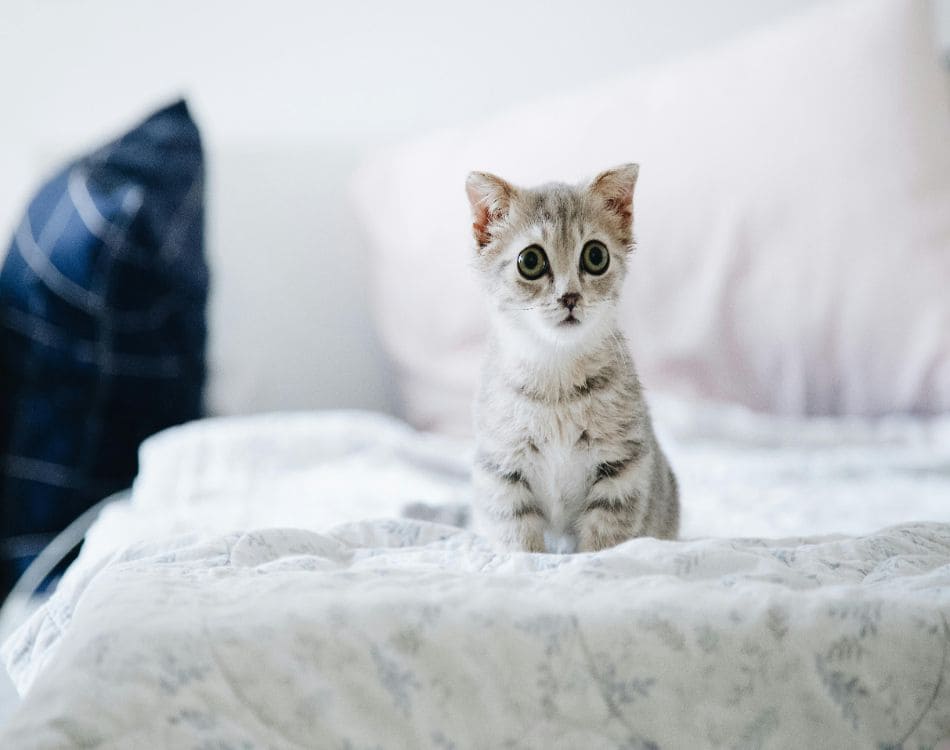
Changes in routine due to illness or moving can make your cat feel more insecure than usual. If you’ve had to leave town, your cat may exhibit behavioral problems when you return. This isn’t “revenge” for leaving, it’s simply their way of coping. Introduce changes as gradually as possible. Additionally, explore new ways to socialize your cat so that they can better cope with your absence.
Social Gatherings

Most cats are introverted. New people or groups can be quite scary for your cat. Also help your cat get used to the carrier by teaching it that it is not a bad object. During this process, provide a quiet and safe place where your cat can retreat when it wants to.
Loud Noises

Too much noise can be one of the reasons for your cat’s bad behavior as they tend to have more sensitive ears than humans. Turn the volume down or use headphones. Or change the music style and go for classical music. You can also create a special playlist for pets and play it when you’re not home.
Human stress
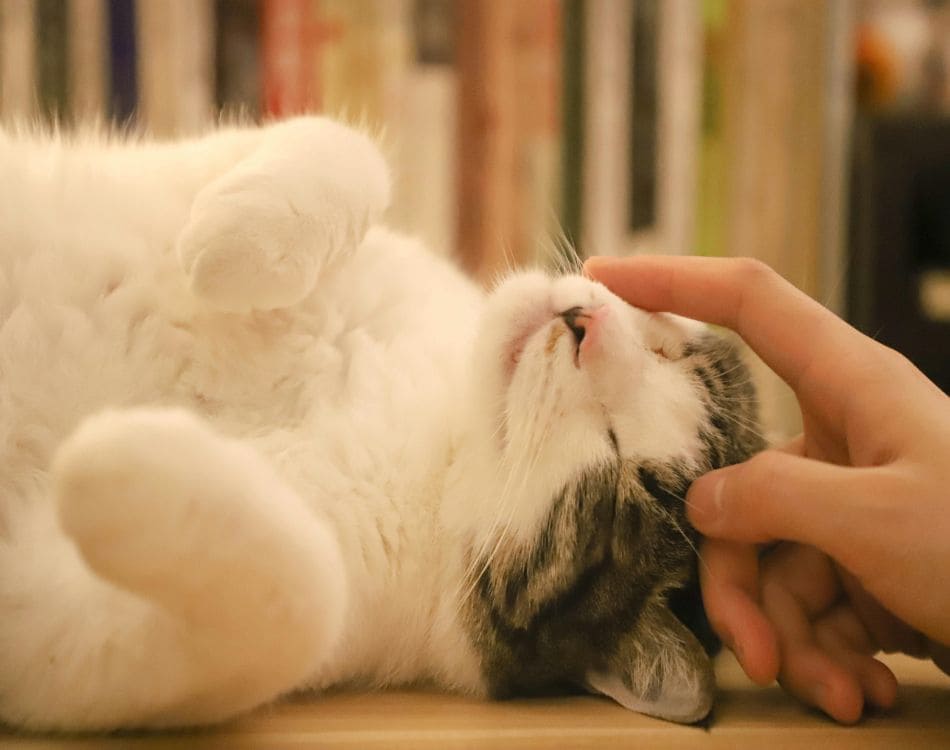
If you’ve lost your job, or have said goodbye to a family member or another pet, chances are your cat can sense your stress. Take advantage of your pet’s natural ability to help you relax. Cats’ purring can help lower your heart rate and relax you. Our pets are better than antidepressants!
Medical Issues

Sometimes, bad behavior can be a cry for help. If your cat suddenly starts acting out—scratching furniture, biting, or refusing food—it could indicate underlying medical problems. A visit to the vet can rule out or address these concerns.
Lack of Proper Training
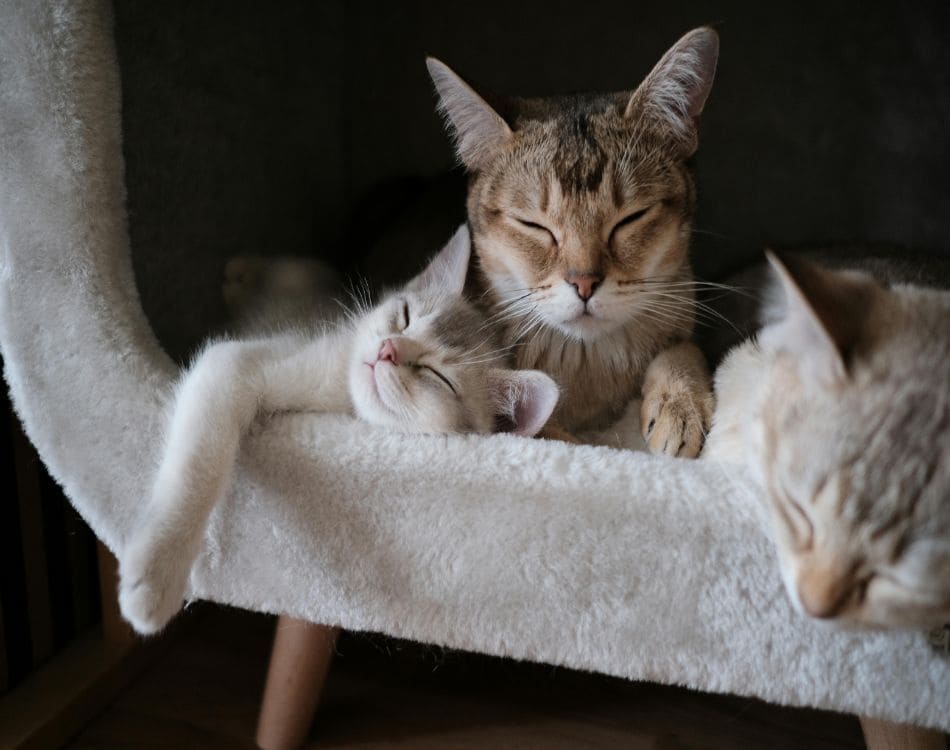
While cats are independent, they can benefit from consistent training. If bad behaviors like scratching furniture or jumping on counters aren’t addressed early, they can become habits. Positive reinforcement, like treats or praise, can help redirect their actions.
Conclusion
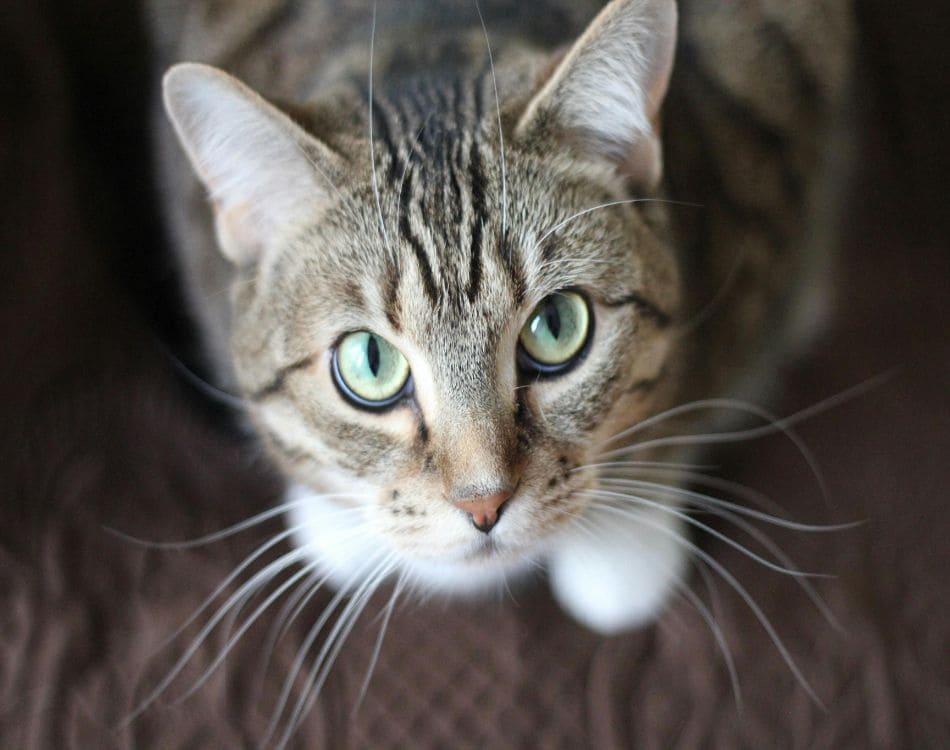
Your cat’s behavior isn’t random—it’s often their way of communicating something they need or feel. Understanding these signals and addressing the root cause can turn your mischief-maker back into a loving companion.



